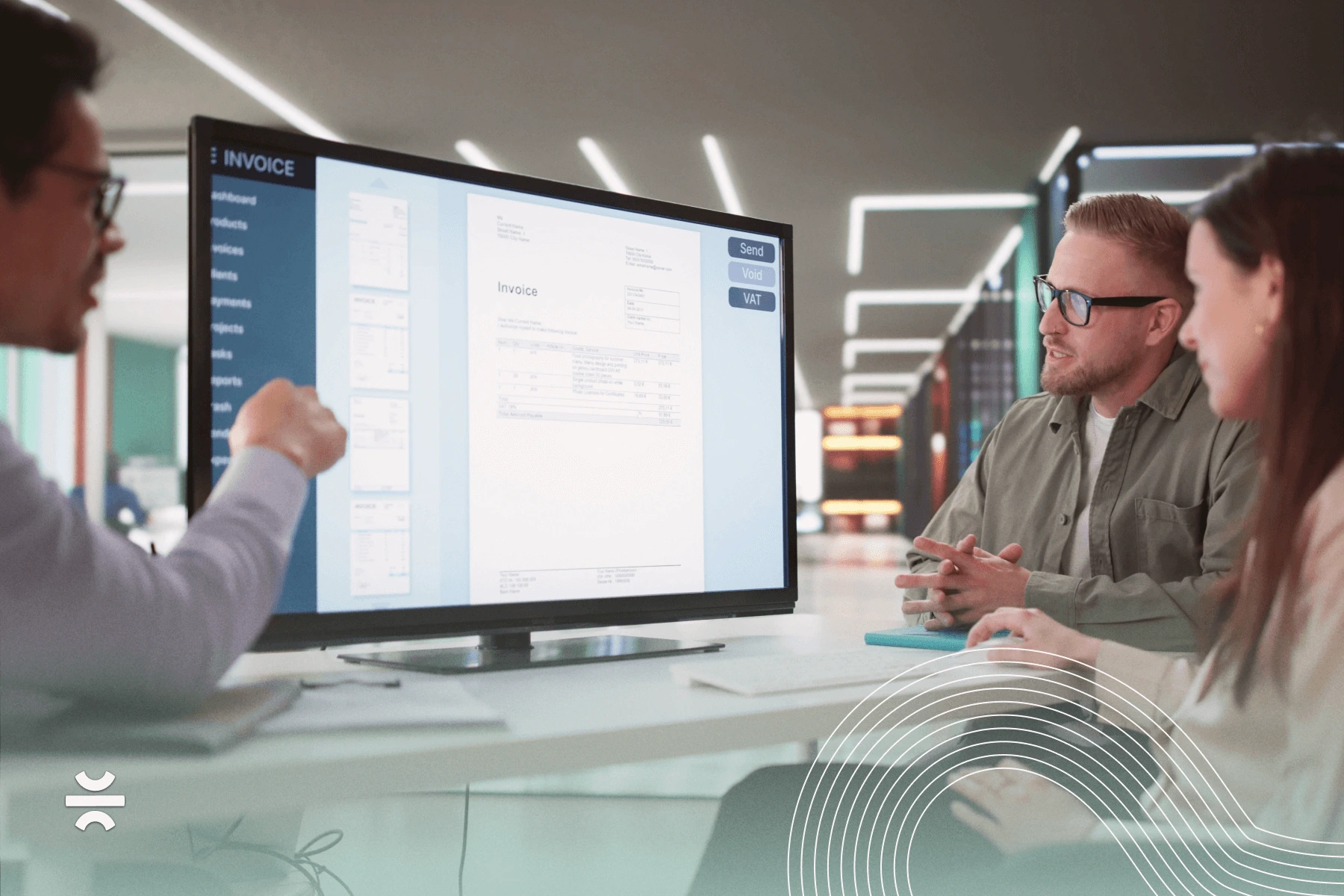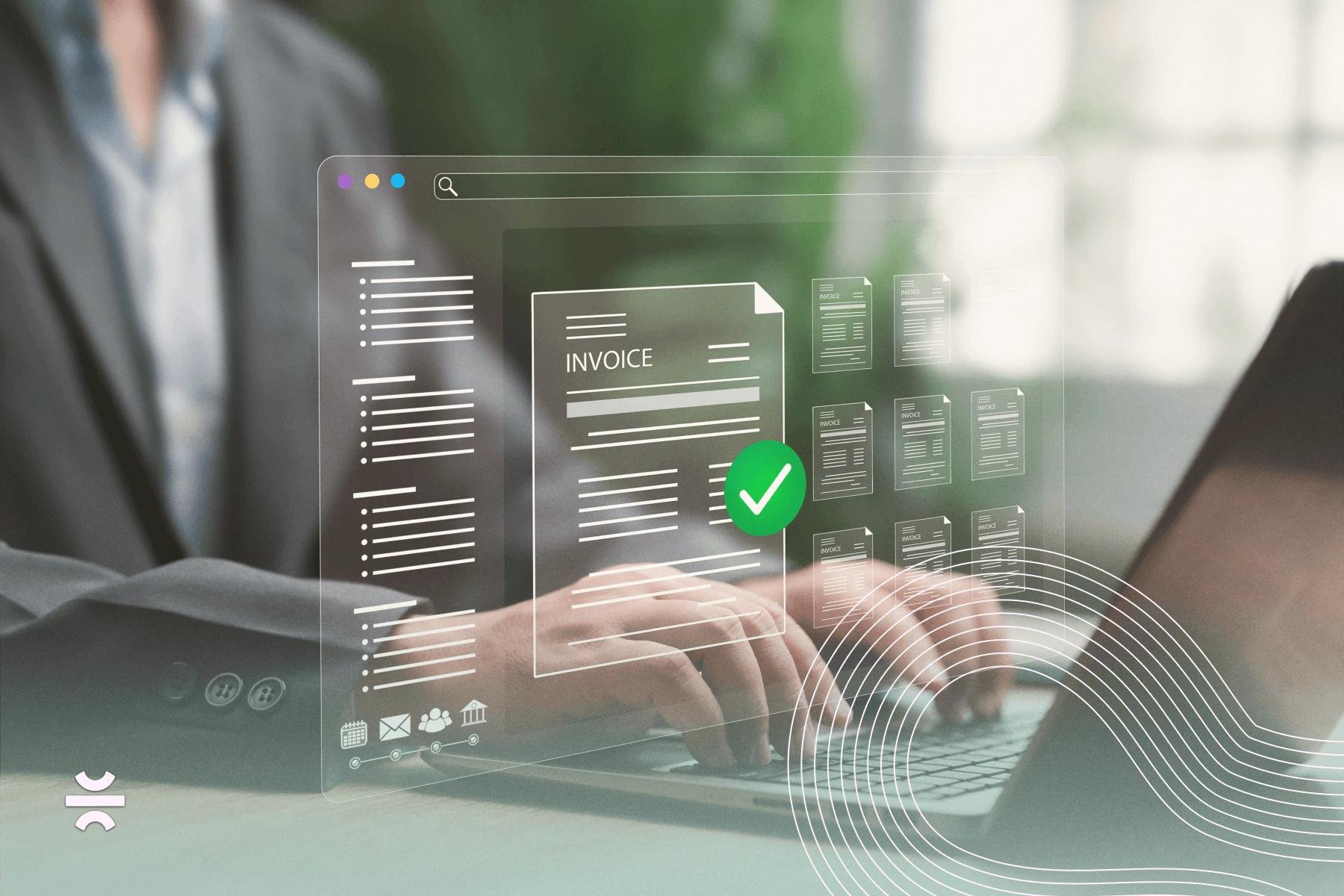The ultimate finance cheat sheet
Search for answers or explore resources to navigate every financial decision.

Tariffs are hitting everything—Even your business funding

Foreign Reporting

2025 Business Tax Deadlines

Payroll Year-End Reminder Checklist

Understanding Updates To Section 174

Understanding Your Eligibility for R&D Tax Credit
.webp)
Zero-Based Budgeting: Maximize Returns On Every Investment

Maximizing Your Startup Runway: Tips for Long-Term Growth
.avif)
The Future Of Financial Operations: Startup Finance Reimagined

How To Leverage The Role Of The Fractional CFO

Mastering CFO And Investor Relations: A Step-By-Step Guide

A How-To Guide On Building Financial Models
.png)
Scaling Financial Operations with Zeni's Fractional CFO Services
.avif)
How Wander Maps was able to collect $60,000 in R&D tax credit using Zeni
.webp)
How An All-In-One Financial Platform Saved TeamBridge 53 Hours Per Month
.avif)
Campfire Raised $1.25 Million With The Help Of Zeni’s Real-Time Accounting And Investor Reporting
.webp)
How Real-Time OpEx Reports Helped Matic Make Decisions 10x Faster
.webp)
How GAAP-Compliant Financial Reports Helped Caravel Labs

.avif)
.avif)








.png)




.avif)

.avif)




